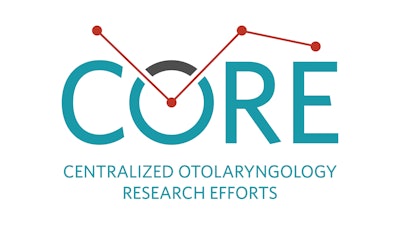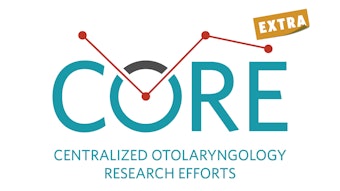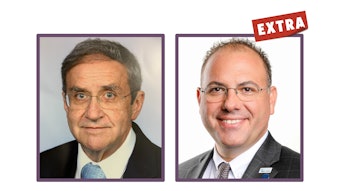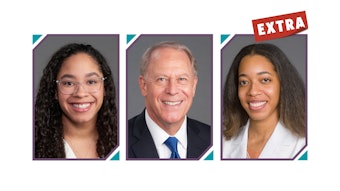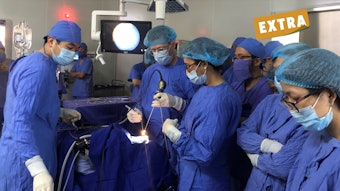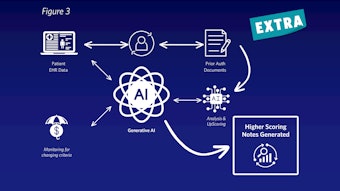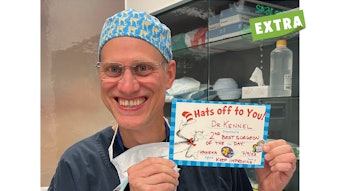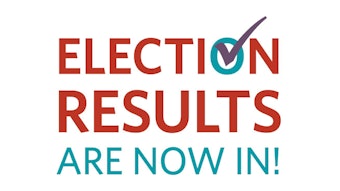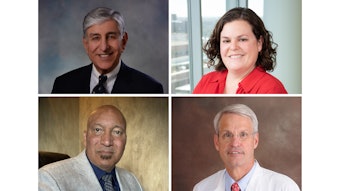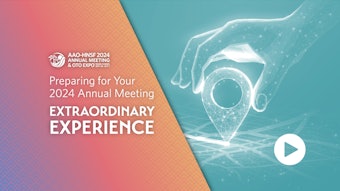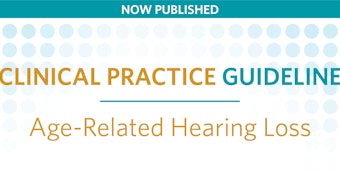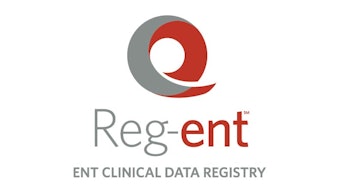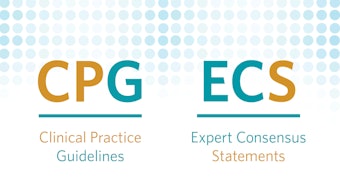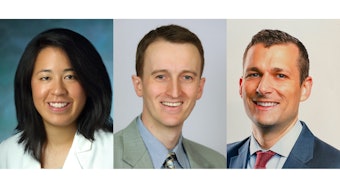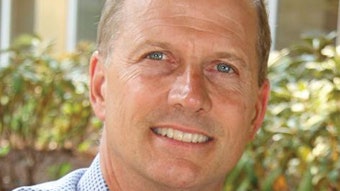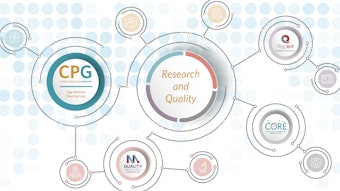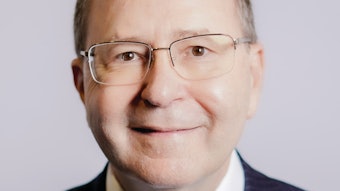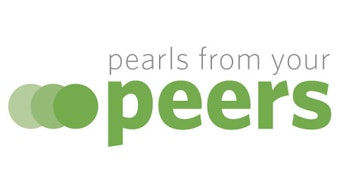2024 CORE Spotlights
Myriam Loyo Li, MD, MS, Renee B. Hartl, MD, AuD, and Carissa M. Thomas, MD, PhD, share their experiences with the CORE Grants Program.
Myriam Loyo Li, MD, MS
Associate Professor, Otolaryngology-Head and Neck Surgery
Associate Professor, Division of Facial Plastic and Reconstructive Surgery
Oregon Health & Science University
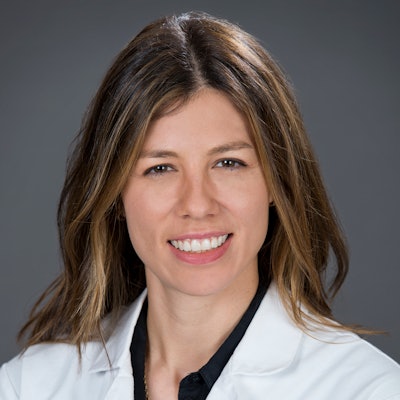 Myriam Loyo Li, MD, MS
Myriam Loyo Li, MD, MS
Truth be told, I also learn a great deal from review days and observing how other researchers, many more seasoned than myself, evaluate proposals. My own grant was funded after the third submission (to those considering resubmitting, do not despair)! I know that the resubmissions significantly improved my project. Of course, once funding is secured, the enjoyable part of conducting research begins.
I have gained valuable insights into participant recruitment, follow-up, and clinical outcomes. This was particularly challenging for me as my project focuses on nasal breathing and rhinoplasty in the midst of the COVID-19 pandemic. I am immensely grateful for this experience and hope that others have the opportunity to experience it as well. I want to express my gratitude to my CORE study section chairs, Michael Brenner and Murray Ramanathan, as well as the reviewers in my section. Additionally, I would like to thank Dr. Timothy Smith for serving as my mentor for the Bobby Alford CORE grant.
Renee B. Hartl, MD, AuD
Assistant Professor, Otology and Neurotology Institution
University of Michigan
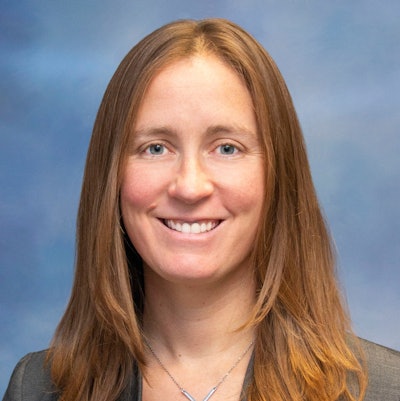 Renee B. Hartl, MD, AuD
Renee B. Hartl, MD, AuD
My experience has served as the foundation for later awards, including fellowship and research grants from the American Otologic Society, an emerging research grant from the Hearing Health Foundation, and a Loan Repayment Program Award from the National Institutes of Health (NIH). Beyond potentiating successful future funding, the CORE program has provided a strong network of mentors, colleagues, and friends who continue to help challenge me to be a better clinician-scientist across all aspects of my work.
Carissa M. Thomas, MD, PhD
Assistant Professor, Department of Otolaryngology Head & Neck Surgery
Director, Head & Neck Microvascular Reconstructive Surgery
Director, Clinical Research for Department of Otolaryngology
Associate Scientist, O’Neal Comprehensive Cancer Center
University of Alabama at Birmingham
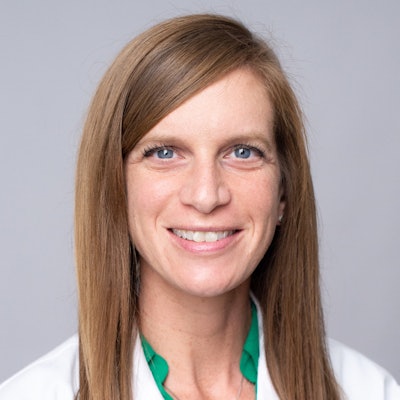 Carissa M. Thomas, MD, PhD
Carissa M. Thomas, MD, PhD
I serve as a CORE study section reviewer, which provided experience to then review for the NIH and Department of Defense. Finally, I had the privilege to mentor Emily Miller, MD, in her American Head and Neck Society Alando J. Ballantyne Resident Research Pilot grant in 2022. My engagement in CORE has taught me how to turn a research proposal into a successful award, how to critically and constructively evaluate research, and how to communicate effectively as a mentor. Most importantly, through CORE, I can encourage other surgeon-scientists, promote innovative research ideas, advance the field of otolaryngology, and build a national network of collaborators and friends. I am thankful for these opportunities, and I encourage motivated and innovative early career otolaryngologists to get actively involved.
